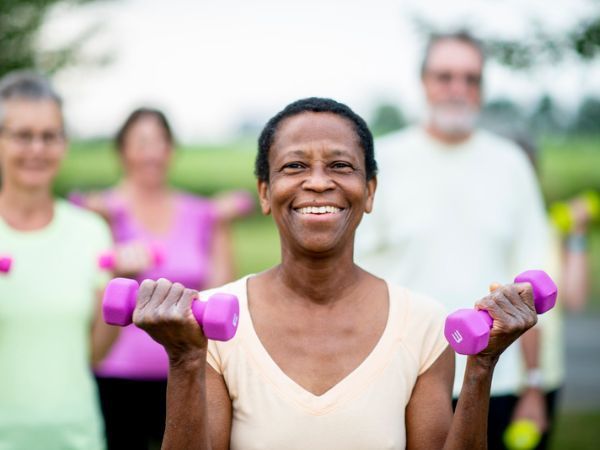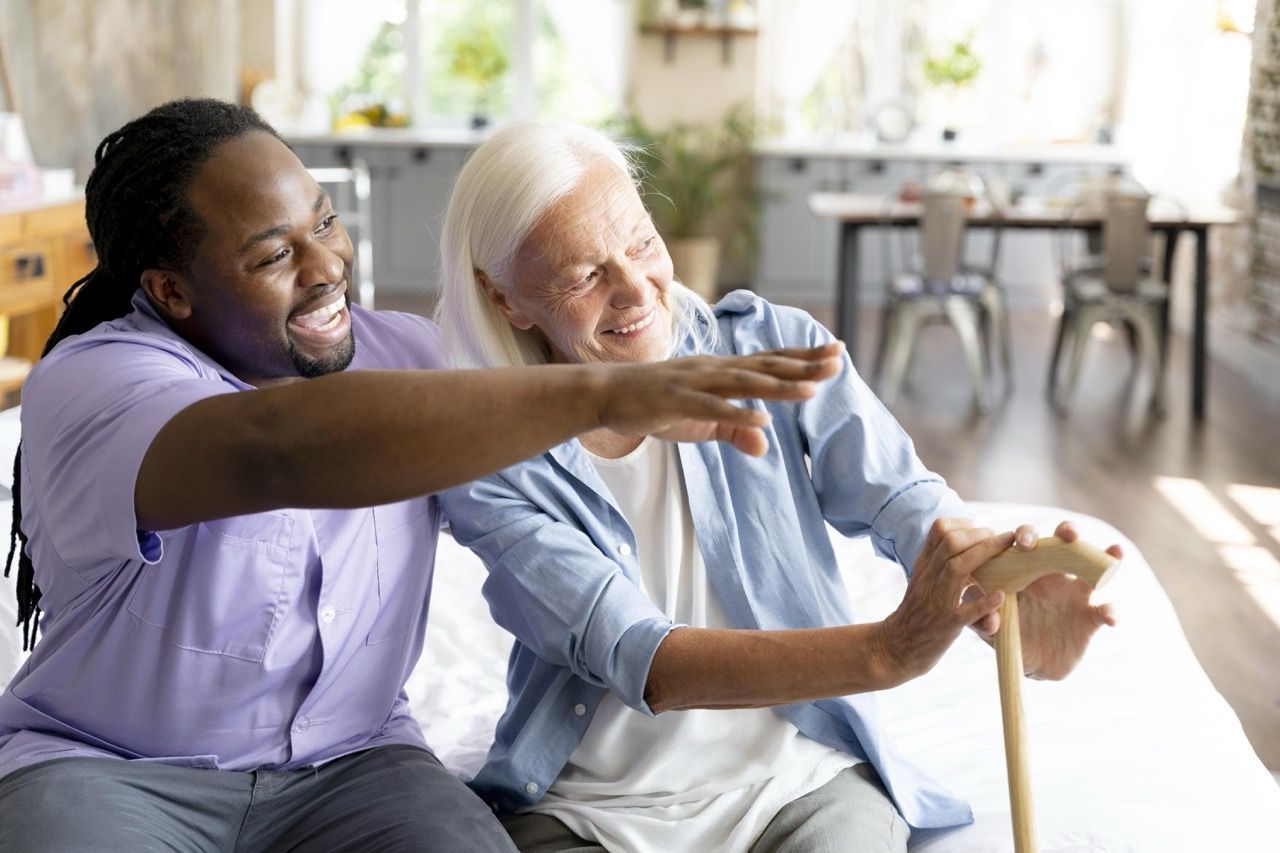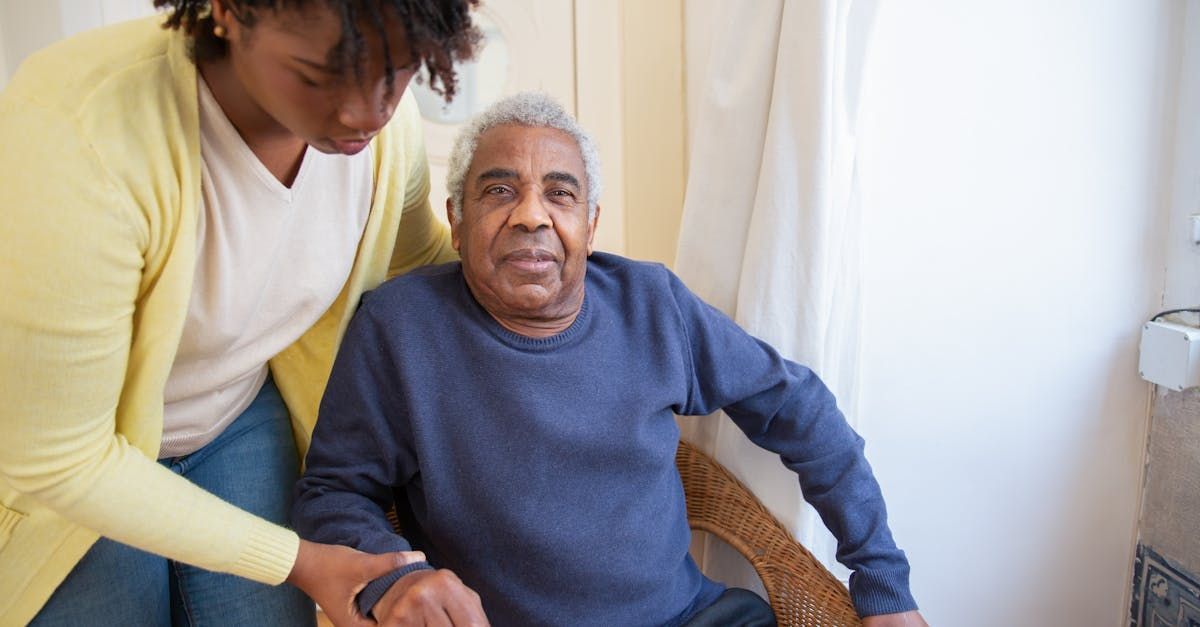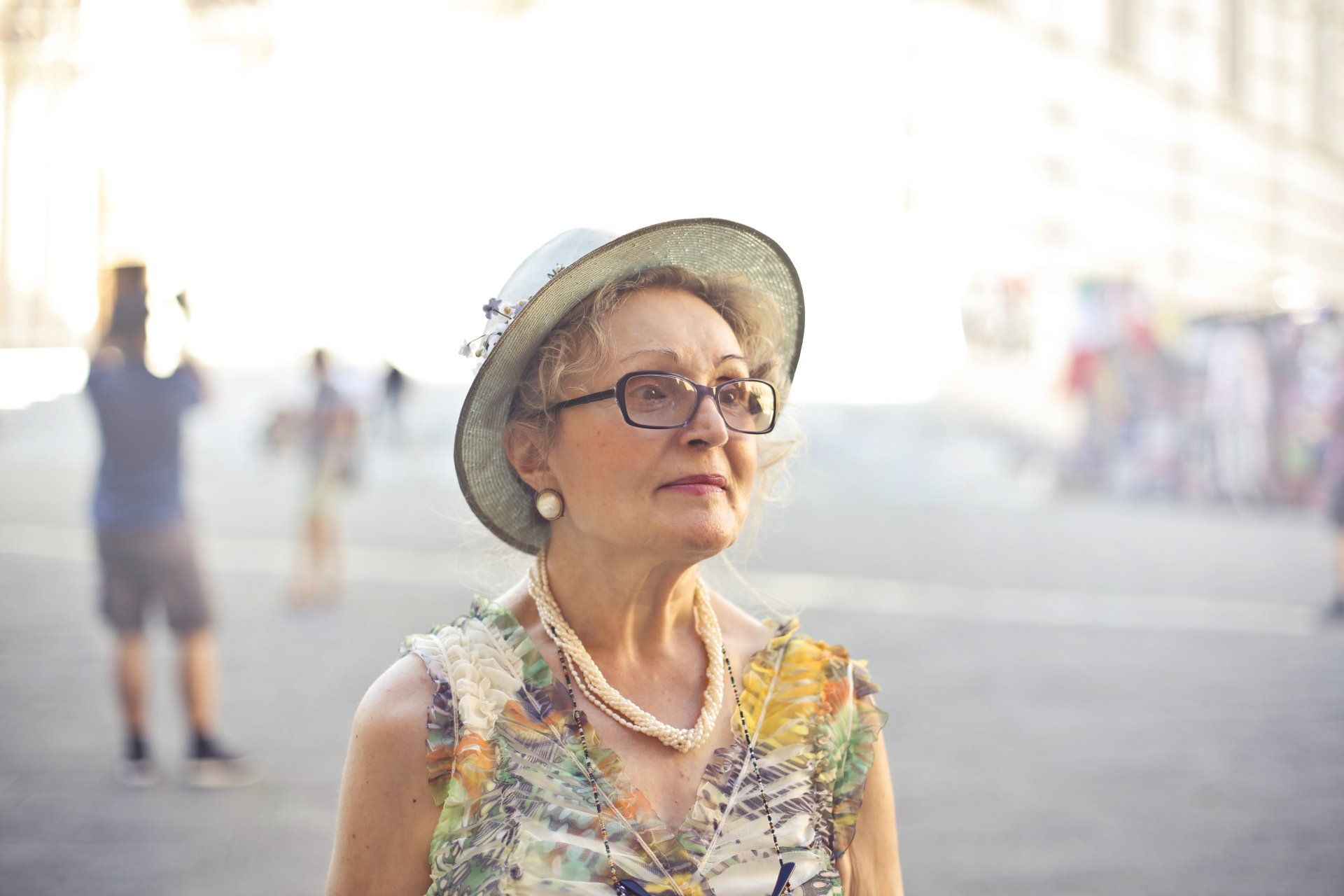Protecting Seniors from Falls
Aging can sneak up on us. While in our minds we are still young and spry, our bodies sometimes tell us a different story. And after age 65, one of the most common signs of aging we notice is that we become a little less steady on our feet. Perhaps we bump into furniture a bit more or find we need to hang onto the railing a bit harder going up and down stairs.
As we get older, items in our homes that use to be virtually harmless to us 20 years ago, start to pose a greater risk for trips and falls. For example, carpets, loose rugs, raised thresholds, clutter, stairs and more.
Falls can result in serious injuries such as hip fractures, broken bones, and head trauma. They are the leading cause of injury-related hospitalization and death for older adults. Even without a serious injury, falls can leave a senior feeling fearful or depressed. It can affect their confidence making them less active.
Preventing falls is an effective way to help seniors stay healthy and is relatively easy to do. Most falls occur at home, so a few modifications in and around the house can make your loved ones safer, healthier and independent longer.
Let’s first look at some of the common factors that lead to falls:
- Balance and gait: As we age we lose coordination, flexibility and balance, primarily through inactivity or disease, such as a stroke or Parkinson's Disease.
- Poor vision/hearing: We may not see edges as clearly or see or hear obstacles in our path.
- Medications: Some medications can affect brain functions and cause drowsiness, dizziness and other side effects that can lead to falls.
- Environment: Our home and surroundings, due to obstacles, poor lighting, weather conditions and more.
- Chronic conditions: 80% of older adults have at least one chronic condition, such as diabetes, arthritis or dementia. These can result in lost function, pain, inactivity, depression and more.
- Poor nutrition: As we get older, our appetite can reduce naturally or as a result of medications, affecting our diet.
- Alcohol intake: Alcohol makes us less steady on our feet and can interact negatively with medications.
Now let’s look at the best ways to prevent falls for you or your loved ones:
Health

- Get an eye and hearing checkup
- Review medications - are you experiencing side effects?
- Exercise - build leg strength; take Tai Chi for better balance; go for walks
- Are you holding onto walls, furniture or someone else when walking? Exercise can help or you may need a mobility aid, such as a walker.
- Eat a healthy diet
- Keep your mind sharp - socialize; join the local seniors centre; have coffee with friends; play games
- Wear sturdy, well-fitting shoes
- See your doctor for a health assessment and medication review
Home
- Reduce clutter, loose wires, cords and obstacles
- Install grab bars and non-slip surfaces in bathrooms; consider a raised toilet seat
- Ensure all stairs have railings
- Ensure proper lighting throughout the house, especially in hallways and stairways. Have night lights in the bedroom and throughout the house.
- Store kitchen supplies in easy-to-reach locations
- Get a fall alert bracelet
Falls are a major reason seniors lose their independence and mobility. By keeping on top of your, or your loved one's, health and making some changes around your home, you can greatly reduce the risk of falls.
For more information, see The Safe Living Guide—A Guide to Home Safety for Seniors on the Government of Canada’s website.




